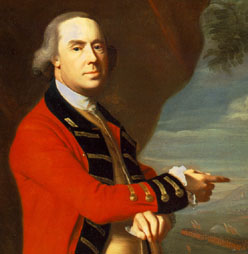a brief insight into Francis Marion
Francis Marion know as "the swamp fox" revolutionary officer from Berkeley county south Carolina.
commissioned officer in the south Carolina second regiment he also led a band of irregular fighters in the back and low country swamps of south Carolina fighting the British troops under lord Cornwallis.
Francis Marion is the father of guerrilla warfare and is recognized as such at various war colleges. general Marion was a lifelong citizen soldier and planter living on his plantation pond bluff which now lies under lake Marion in central south Carolina. he fought as lieutenant in the french and Indian war in the 1750s.


